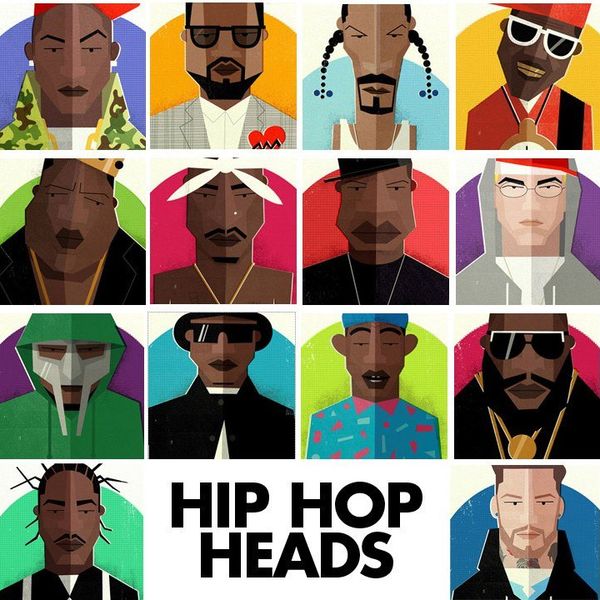On December 4th, rapper Rick Ross released his eighth studio album Black Market. Not too long after, the album mysteriously disappeared from the shelves of Walmart. A possible reason? One lyric. In the song "Free Enterprise," Ross raps, “Assassinate Trump like I’m Zimmerman / Now accept these words as they came from Eminem.” The story goes that video blogger Mark Dice heard the lyric and called Walmart along with other music carriers such as Target and iTunes to complain, Dice eventually documenting his "victory" on his channel.
This story perpetuates a narrative that has existed with hip hop since it first became self-aware, the story of the rapper being affected in real life over something he said in a song. This begs the question: Where is the line drawn when it comes to extreme lyrics? When does a lyric stop becoming art and expression and start becoming an actual, real-world danger, or does it ever?
Again, inflammatory lyrics are nothing new to hip hop. Take the rap crew Public Enemy for example.
In 1991, the official music video for the crew's song "By The Time I Get To Arizona," aired on MTV. The song was a response to Arizona's failure to recognize Martin Luther King, Jr. Day as a state holiday in 1990. The music video switches between a montage of reenacted major civil rights moments, from Rosa Parks' bus ride to the Little Rock Crisis, and Public Enemy training for then executing an assault on the Arizona state government, culminating in a reenactment of Dr. King's assassination being shown alongside the detonation of a car bomb that PE planted on the vehicle of Arizona's governor.
Understably, the video was only shown one time on MTV before being taken down, but again, why is this understandable? Granted that the video is extreme in its content, was it extreme enough to have its message of frustration and rebellion prevented from reaching audiences?
Another question can be asked in regard to violent and criminal lyrics: Can you be imprisoned over what you say in a song? Don't think about it too hard; Brandon Duncan, who raps under the stage name Tiny Doo, already thought about it for you.
In January of 2015, Duncan was facing nine counts of criminal street gang conspiracy, a possible sentence of 25 years to life in prison, and prosecutors cited his album No Safety as a "direct correlation to what the gang has been doing." Listen to the album below and form your own opinion (heavily explicit content, of course).
The charges against Duncan were eventually dropped, but this doesn't lessen the importance of the question, of which there are far more examples than the three above. How violent can a song be before it stops being art and becomes evidence? How seriously should you take a song?





















